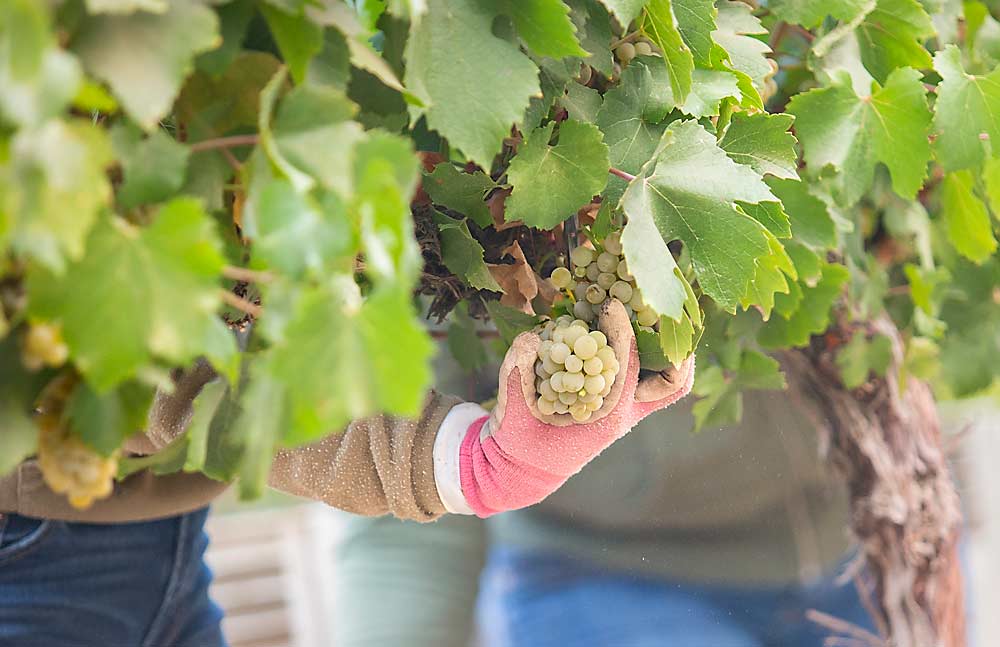
The Washington wine industry is putting the finishing touches on a third-party sustainability certification program that will allow wineries using the certified grapes to label their bottles as such.
The effort aims to give Washington growers a unique identity in the sustainability space and account for the nuances that differentiate the region.
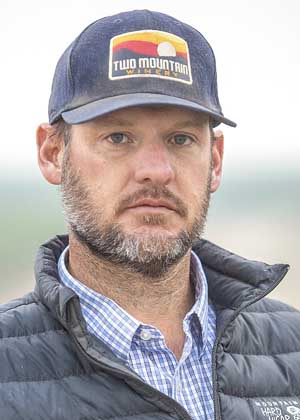
“Cultural practices are all unique to every region,” said Patrick Rawn, a partner in Two Mountain Winery near Zillah, Washington. Rawn plans to enroll in the voluntary certification program, scheduled to launch in January.
In late September, at Good Fruit Grower’s press deadline, the Washington Winegrowers Association had not yet named the certification program but was recruiting a few pilot growers, said Katlyn Straub, issues and sustainability specialist for the association. Early estimates put the cost between $6 and $10 per acre, but the final fees will be announced in January. Third-party audits likely will be every three years.
Under the program, the term “sustainability” will cover a variety of topics: from business plans to worker conditions and pest management practices to water management.
The effort started about 20 years ago, when the industry spent more than $1 million in industry contributions and grant funds to create Vinewise and Winerywise, voluntary self-assessment programs. Washington’s largest wine company, Ste. Michelle Wine Estates, has required Vinewise participation of its contracted growers for several years.
About 40 industry professionals have drafted plans to take the next step of third-party certification. It will start with vineyards and add wineries down the road.
The certification effort is a partnership of the four main Washington industry organizations: the Washington State Wine Commission, Washington Wine Industry Foundation, Washington Wine Institute and Washington Winegrowers Association.
Workplace conditions and human resource practices will be a focus of the certification, Straub said. The program will attempt to address third-party labor contractors in the labor requirements as well.
Ste. Michelle, which crushes more than half the state’s wine grapes, has contributed financially to the development of the certification, said Ryan Pennington, a company spokesman. It will put its own vineyards through the third-party audits but has not yet decided if it will require its contracted growers to do the same, he said.
Growers weigh in
Rawn of Two Mountain Winery plans to sign up for the Washington certification program, but until it’s ready he certifies his grapes under the Lodi Rules, a matrix of sustainability requirements put together by the Lodi Winegrape Commission of Central California. The winery’s white wines bear the Lodi label, as will the reds when released.
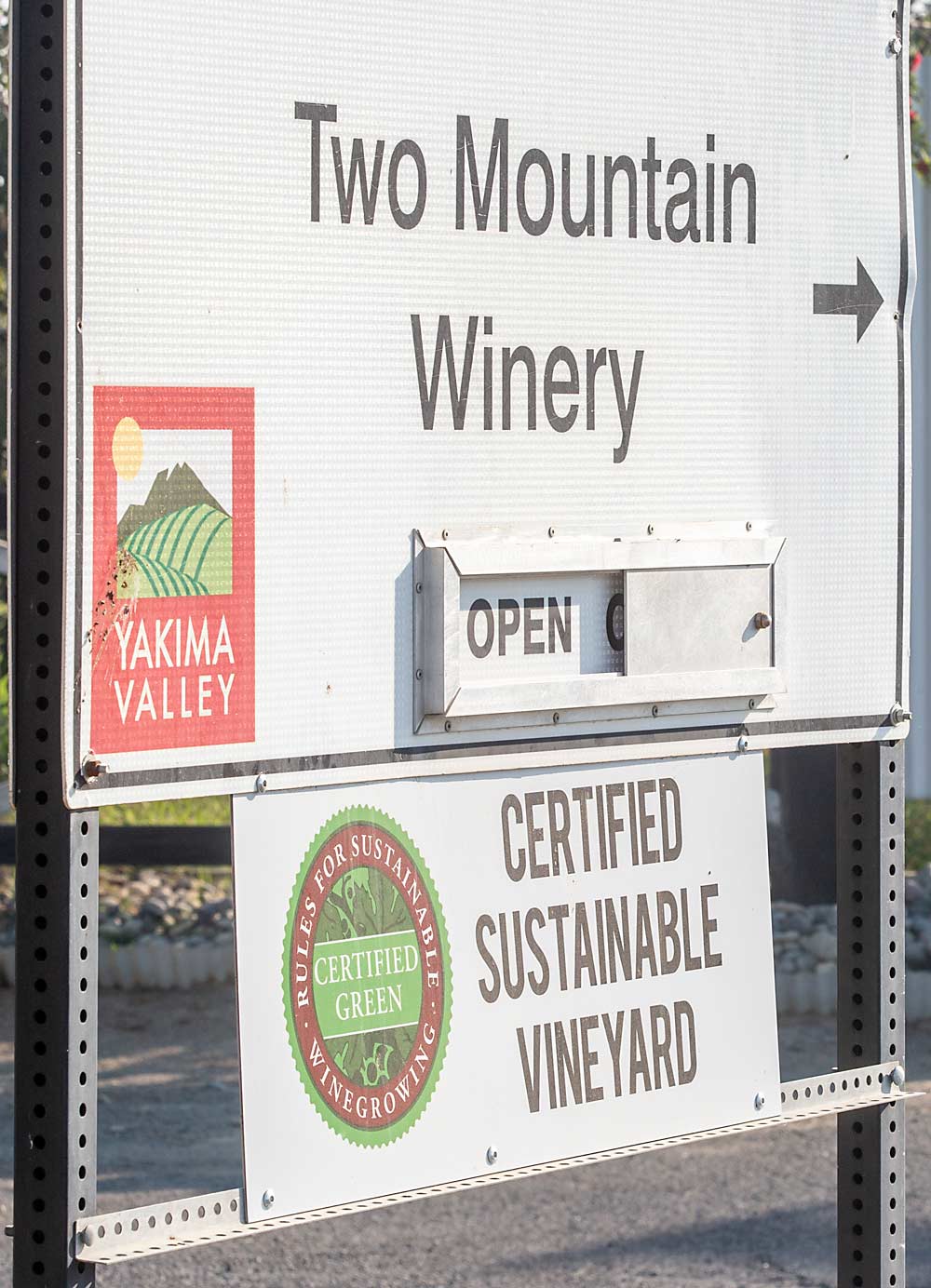
Washington needs its own certification because pest pressures, water availability, soils and climate are all different than those of Lodi or the Willamette Valley in Oregon, where the LIVE certification is based, said Rawn, a past chair of the Washington Winegrowers Association. Meanwhile, sustainable practices are similar to those required for organic certification, but not identical.
A certification label helps communicate those differences and the ethos of Washington producers to customers, he said.
Jeff Andrews, a grower in the Horse Heaven Hills south of Prosser, Washington, believes many growers will sign up for the program because many of them already meet the requirements under their current practices, especially in the way they treat workers. The certification program will just make them document that.
“It’s just verification of what most growers are (already) engaging in,” Andrews said.
His farm likely will participate, he said.
Growers in Washington should be used to labor questions by now, said Dan Fulton, a partner in Angiolina Farm, also located near Zillah. Global GAP and other third-party verification programs for fruit producers involve worker interviews. Fulton’s vineyard started with the Lodi program in 2020.
The first year or so will be the most challenging, but the label will be worth it in the long run, he said. He suspects the wholesale buyers will express interest, even if not every individual customer does.
“It’s just one more element that improves the acceptance level and the brand perception of the wine,” Fulton said.
—by Ross Courtney

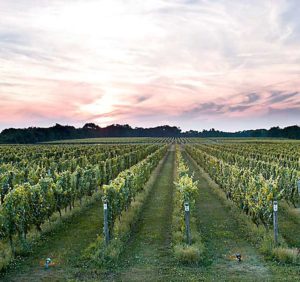
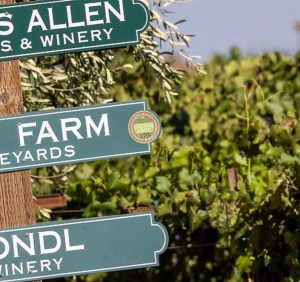
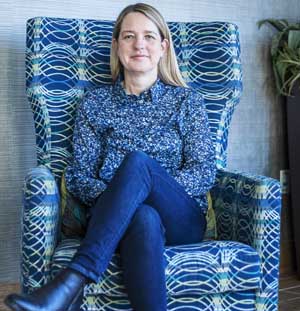





Leave A Comment